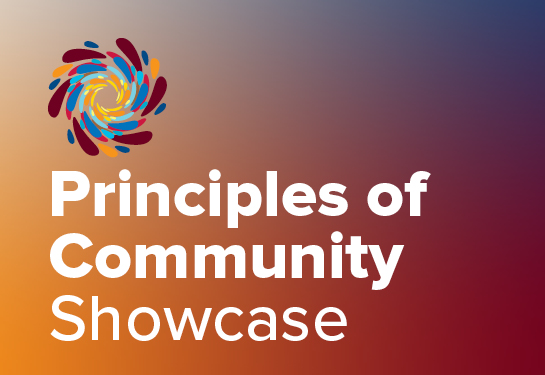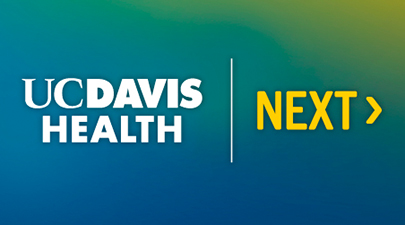November is National Family Caregivers Month, support group available
Caring for an older adult can be both meaningful and demanding. Whether you are helping with medical decisions, navigating long-term care or simply trying to balance it all, you do not have to do it alone.
The Academic and Staff Assistance Program (ASAP) offers a biweekly, drop-in Eldercare Support Group, led by clinical psychologist Alison Ward. It provides a safe space to share experiences, connect with others who understand the realities of caregiving and explore resources that support both you and your loved one.
Topics include:
-
Coping with caregiver stress and burnout
-
Recognizing compassion fatigue
-
Navigating medical and legal complexities
-
Learning about community resources and ASAP services
When: Bi-weekly Wednesdays at 12 p.m. (via Zoom)
Join: Eldercare Support Group
Honoring National Family Caregivers Month

Each November, National Family Caregivers Month recognizes the millions of people who provide unpaid care to loved ones living with disabilities, chronic illness or age-related changes.
Family caregivers are the backbone of long-term care in the United States:
-
63 million Americans (nearly 1 in 4 adults) currently serve as unpaid caregivers.
-
38.2 million support someone age 65 or older, according to recent U.S. Bureau of Labor Statistics data.
The unique challenges of eldercare
Caregivers supporting older adults often face:
-
Medical complexity: Managing multiple medications, specialists and health crises.
-
Emotional strain: Caregivers frequently report moderate to high levels of stress or compassion fatigue.
-
Legal and logistical decisions: From advance directives to long-term care planning.
-
Work–life balance: Many employed caregivers struggle to manage both responsibilities.
For more guidance on navigating these challenges, including how to protect your own health, plan ahead and communicate effectively with health care teams.
How to support a caregiver
If you know someone caring for an older adult, small actions make a big difference:
- Offer practical help: Run errands, prepare a meal or simply listen.
- Encourage self-care: Remind caregivers that rest and support are essential, not optional.
- Share community resources:




